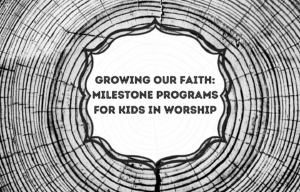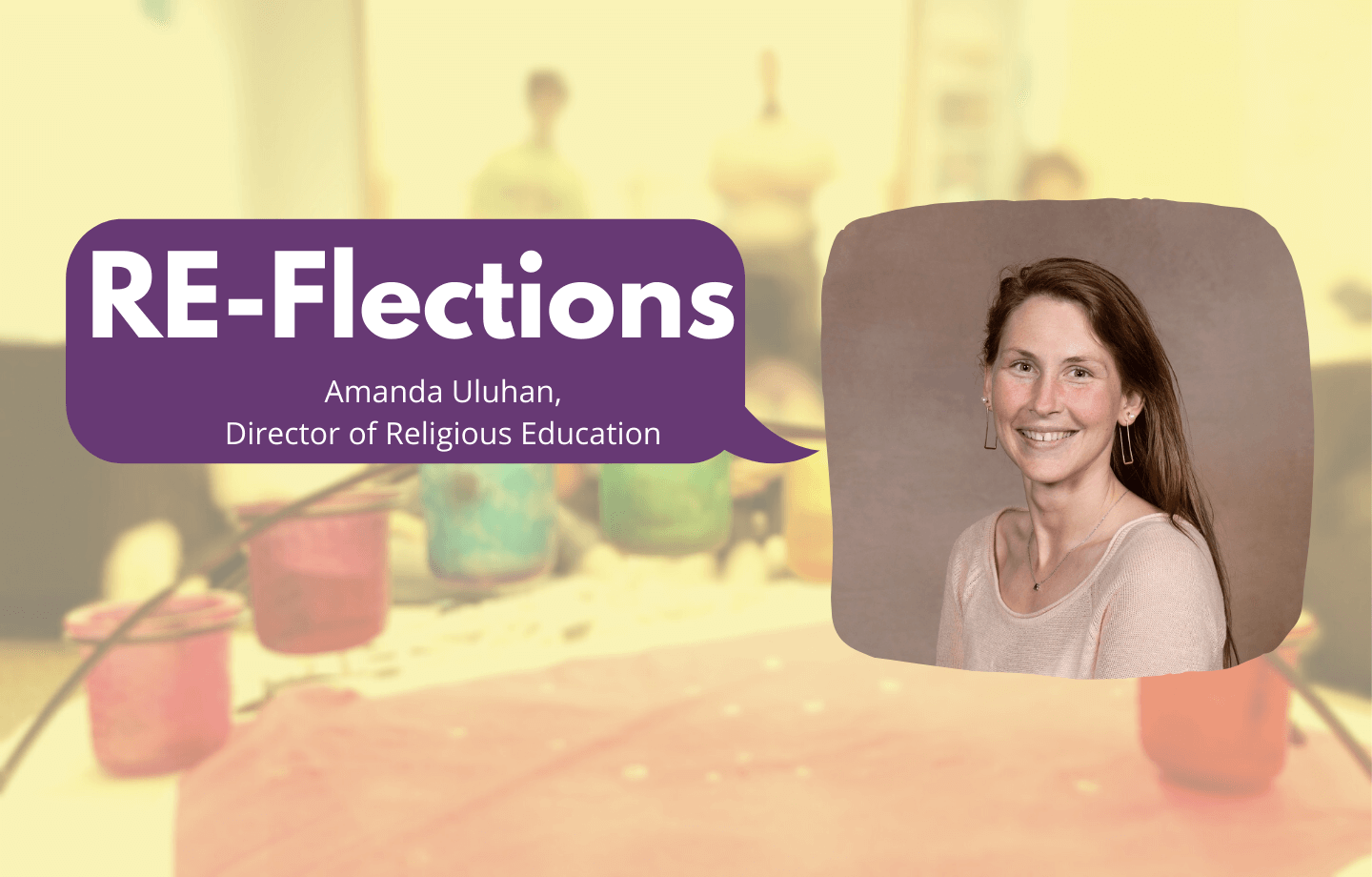As we continue to explore and grow with one another, learning about our inner and outer worlds, I want to lift up some of the ways we are working to create meaning and opportunity for our children and youth. It starts with our flaming chalice.
Worship

Worship is where we celebrate and hold one another; where we learn more and focus our collective energy on growing and healing; and where we pass on our traditions to each other. Children and youth are essential to this multigenerational process. Through rites of passage, holidays and holydays, and worship seekers and keepers, we can accomplish our religious goals: of binding one another together and of holding fast to our faith as an anchor in a storm and as a feather in the wind.
Holidays and Holydays
Our annual UU traditions, and our contemporary approach to understanding religion in an interfaith, multifaith, and comparative lens, offers Unitarian Universalism a unique advantage. Not only do we celebrate our own traditions, that are uniquely Unitarian Universalist, we also learn from, and sometimes even celebrate traditions that are from one of our six sources, whether that be a Christian, Jewish, Buddhist, or Scientific or Nature-Based. Even our own unique lives can carry unusual holydays, holy only to us or those close to us.
Holidays and Holydays are special for children and youth, who often live closer to a sense of wonder, awe, and mystery than adults. Hands-on activities offer living examples to our kids of the ways that Unitarian Universalists celebrate tradition. We go through the year celebrating the turning of the wheel or the liturgical year, learning over and over again, year after year, the depths that these holidays and holydays offer to us. They help to anchor us in time, and offer children and youth unique opportunities for learning, sharing, and growing. By involving our children and youth in these worship opportunities, we give them a chance to learn about the traditions and in turn, they help to make the traditions come alive for us, renewing our own sense of wonder, awe, and mystery.
Water communion, All Souls and Halloween, and our upcoming Christmas Eve services, not to mention Diwali and Advent, are all ways that we continue to make our holidays come alive even during the pandemic.
Rites of Passage
Along with the passing of the year, also comes the passing of time in our own lives. In our rites of passage ceremonies and celebrations, we honor the different stages of life and identities. Our Minister, Director of Religious Education, and celebrants can hold sacred space to honor and celebrate your life changes with care, love, and empowerment. Any of these rites of passage are co-created with the participants in mind, and can be done so in small, intimate circles, or with the whole of the congregation. These can be done during the pandemic online, or in small outside gatherings of 10 people or fewer. Though there are different ages for each of the rites of passage, people of all ages can participate in most of these, and there can be value had in doing so.
- Babies: babies can participate in worship through naming and baby dedication ceremonies;
- Children: children can participate in worship through our child dedication ceremonies;
- Tweens: tweens can participate in worship through our coming of age journey and ceremony;
- Teens: teens can participate in our worship through our bridging ceremony;
- Body Affirmation: an extension of our OWL programs, we affirm and support changes in our bodies, including puberty, surgery, injury, and age;
- Coming Out: we are a welcoming and affirming community, supportive of all gender identities and sexualities;
We also are creating opportunities to mark the passage of time between teenage to young adult transition, parenting, and marriage.
by Amanda Uluhan, Director of Religious Education

